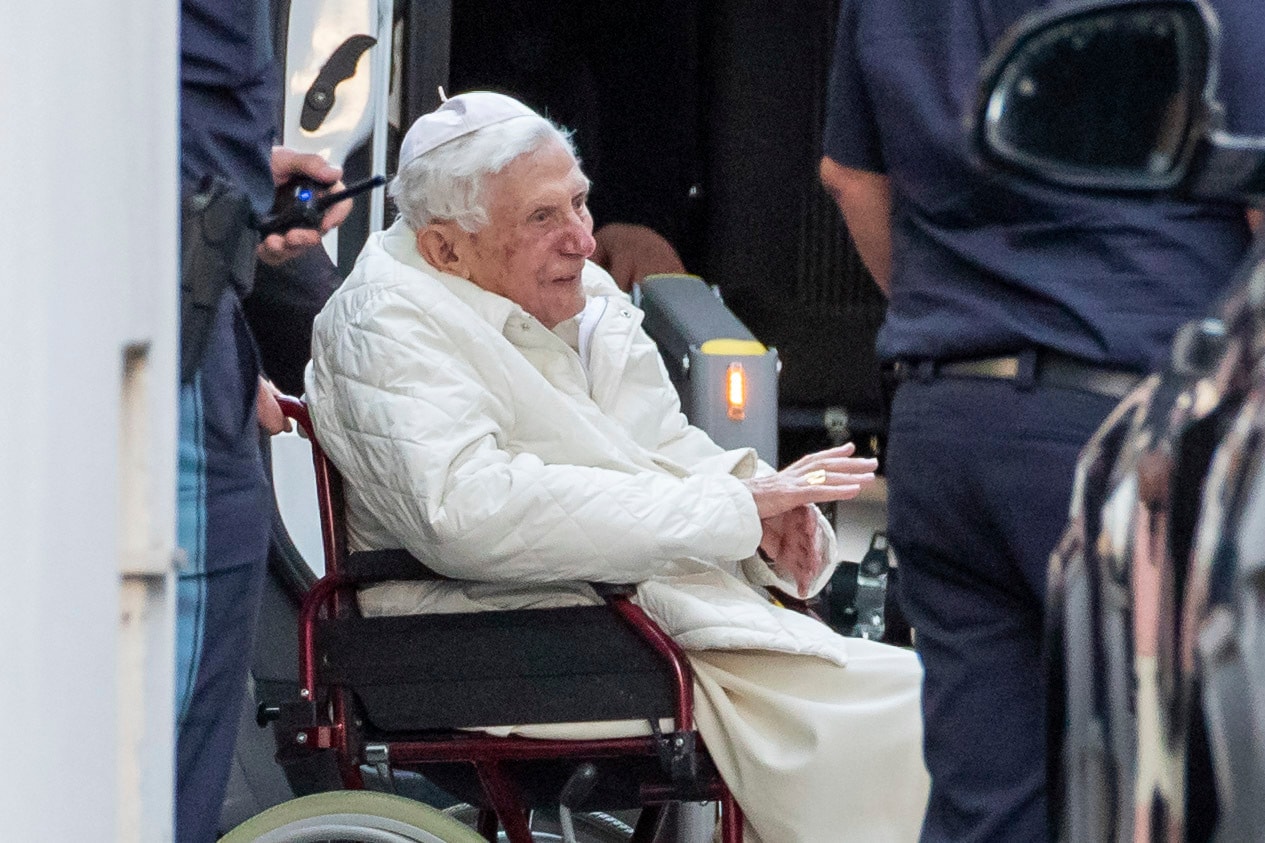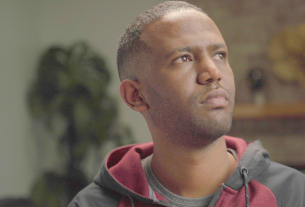His decline, after a decade of retirement, had been relatively swift. Pope Francis had put the Catholic world on alert Wednesday, saying his predecessor was “very sick,” and asked for prayers.
The 95-year-old’s death is likely to reshape the church on several fronts, given how Benedict — who lived longer than anybody who had ever been pope — spanned so many eras, opined on so many subjects, and influenced so many conservative faithful.
Even in retirement, he had been embraced by traditionalists as the embodiment of their ideals. His death leaves that movement — which is at times vocal and oppositional to Francis — without a figure of comparable clout. His death, in the short-term, also sets the church on a more conventional path, ending a polarizing 10-year period in which the Vatican had two figures wearing white, a pope and an ex-pope.
Now Francis, in another church novelty, will be there for the funeral of his predecessor.
For all Benedict did to shape the church, though, his death does not cause the extraordinary tremors that would have resulted had he remained pontiff. In the coming days there will be no conclave, no intrigue, no white smoke. Instead, the church will simply have the chance to reflect on an often-controversial figure who girded the church against the forces of modernization, and who presided over some of the rockiest years of the clerical abuse crisis.
It must also decide which ceremonial aspects to afford his funeral and burial, a delicate set of questions that will set precedent for how to handle the death of a retired pope.
Sandwiched between two popes more skilled in reaching out to non-Catholics, Benedict was seen as a bookish purist. He first gained prestige as a theologian and academic. He later wrote comprehensive volumes on Jesus. As cardinal, he served as one of John Paul II’s most trusted lieutenants. As pope, he vouched for an economic system that works for the “common good.”
“Christians will be drawing on his theological legacy for centuries,” said Michela Carrozzino, a Rome-based nun who had met Benedict in his retirement.
Tributes to Benedict quickly came pouring in, including from his home country of Germany, where Chancellor Olaf Scholz called him a “formative figure for the Catholic Church.”
But he was far from universally beloved in Germany, where the church in recent years — battered by scandal — has pushed to rethink church stances on homosexuality and celibacy, with many bishops seeing those steps as an essential part of modernization. Wir Sind Kirche, a movement advocating for church reforms, in a statement about Benedict’s death said he had brought the church to a “theological standstill” with a “climate of fear.”
Church historians say that the greatest ramification for Catholicism’s future could stem from his decision in 2013 to abdicate power, becoming the first pontiff in 600 years to do so. Francis has several times indicated that Benedict created a precedent for future pontiffs, and he said this month that he’d already pre-written a resignation letter — in case of dire health problems.
Francis is 86 and slowed by knee pain but keeps a busy schedule, and there is no indication he might step down soon. But Benedict’s death makes it easier for him to consider it in the future. One retired pope is less tricky than two.
Benedict’s abdication ultimately looked prescient, given the CEO-like demands of the job and Benedict’s frailty. For years, he had been moving with a walker, barely speaking above a whisper.
Still, the details of how Benedict conducted himself as a retiree proved problematic for the church. He elected not to revert to his given name, Joseph Ratzinger. He remained in the Vatican rather than returning to Germany. He continued dressing in papal white. Despite clearly asserting that Francis was the lone authority figure, he was embraced by conservatives as an alternate power, particularly as Francis sought to modernize the church.
“You can’t have a former pope walking around wearing white and then be surprised when some people say mistakenly that there are two popes,” said Christopher Bellitto, a papal historian at Kean University in New Jersey. “His [death] allows the church to have some serious conversations about how it would handle a future post-papacy. And the answer is, not this way.”
Conservatives loyal to Benedict tended to acknowledge faults in his retirement plan while applauding him for thinking about the good of the church. Even before his death, church traditionalists had felt under siege, losing ground in the Francis era.
Francis last year reversed Benedict by placing restrictions on the Latin Rite, a form of Mass favored by traditionalists.
Francis has also steadily selected new cardinals who share his worldview, increasing the odds that a subsequent pope skews more toward Francis than Benedict. His appointments account for about 63 percent of voting-age cardinals, nearly enough to reach the two-thirds threshold.
Even without Benedict, conservatives won’t be “intellectual orphans,” said Juan Miguel Montes, director of a Catholic group that advocates for the traditional family. “What he wrote will stay with us. Nobody can erase that. That point of reference will linger.”
Marisa Iati in Washington contributed to this report.


